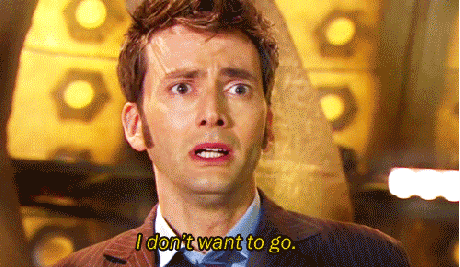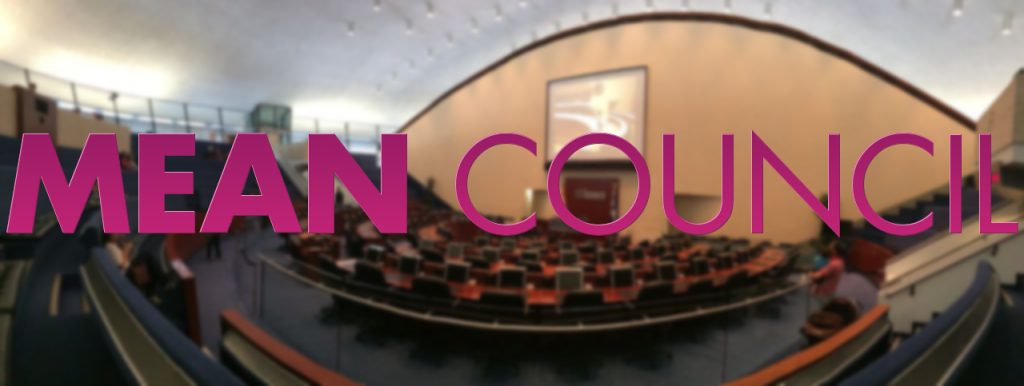Author: nevillepark
Spiderblogging: Orb Vs. Funnel Webs
Councilwatching: THE FINAL MEETING
This doohickey ought to update live. So don’t touch that dial!
The Cheat Sheet: August 25 City Council

Well, here we are at the last City Council meeting this term. I feel…sad? Sure, it’s been a fucked-up, dysfunctional four years, but it was never boring.

After the jump: the Ombudsman is mad as hell and isn’t going to take it anymore; mid-rise invasion; transit recommendations of varying utility; and more. You can find the full agenda here. Let me know in the comments if there’s anything I missed! Continue reading The Cheat Sheet: August 25 City Council
Tangled Bank #3: The circle of liiiiiiiiife

As July fades into August you can feel everything winding down, going into autumn mode. The milkweed and thistle plants have largely been pollinated and have started going to seed. Aphid populations have grown so dense that they are producing winged aphids (alates) that can leave the nest, so to speak; and ladybugs in all stages of life, as well as orb-weaving spiders, are still around to prey on them.
There are still some late-blooming monarch caterpillars, but fully grown monarch butterflies have been out and about for a while. Meanwhile, other species are even further along. The skeletonizing leaf beetles are nearing the end of their life cycle; most of them are pregnant now, getting ready to lay eggs that will hatch in the spring. The tussock moth caterpillars are just getting big. They’ll pupate over the winter and hatch next year.
I also found several insects that I have yet to identify! If anyone recognizes them, let me know. Continue reading Tangled Bank #3: The circle of liiiiiiiiife
Mean Councillors

Context:
This is going to be your guide to City Council. Where you sit at Council is crucial, because you’ve got everybody there. Continue reading Mean Councillors
The Cheat Sheet: July 7 & 8 City Council

Monday’s City Council is actually a Special Meeting, and for once it’s not a transit debate that we’ll all walk out of hating everyone and everything. This time, Council will appoint fill-in councillors for Wards 5 and 20, vacant after councillors Milczyn and Vaughan levelled up to MPP and MP, respectively. You might see some familiar names on the list of candidates for Ward 5 and Ward 20. They include former Ford staffer Nico Fidani, cinephile urban legend Reg Hartt, and, uh, me. Yep. After saying on Keenan’s show that you couldn’t pay me to be Ward 20 councillor, I went and signed up, mostly as a joke…but upon consideration, I guess I know this beat pretty well.
The July City Council meeting proper starts Tuesday. (You’ll have gotten a preview of several of these items if you followed my Executive Committee livetweeting.) Here’s the full agenda and the livestream. My picks for items to watch are after the jump!
I Go To Meetings So You Don’t Have To: July 2 Executive Committee
In which Denzil Minnan-Wong denies illicit arboreal relations and a familiar deputant calls on half the committee to resign.
Continue reading I Go To Meetings So You Don’t Have To: July 2 Executive Committee
Tangled Bank #2: My God, It’s Full of Weird Larvae
Since my last visit to the lakeside, there’s a whole new crop of increasingly bizarre insect babies to be found on milkweed, thistle, and goldenrod. Photos and explanations after the jump, brought to you by that weird person who stares at leaves.
Continue reading Tangled Bank #2: My God, It’s Full of Weird Larvae
2015: Threat or Menace?
Warning, serious wonkery ahead.
So I was a tad alarmed to see, in last month’s council agenda, this operating budget variance report projecting a year-end deficit of $1.783 million. And I’ve also been going back to David Hains’s look at the formidable 2015 budget gap and wondering if there’s anything to it. Basically, I’m wondering 1) how much of a mess will the next mayor inherit?, and 2) do they even know?